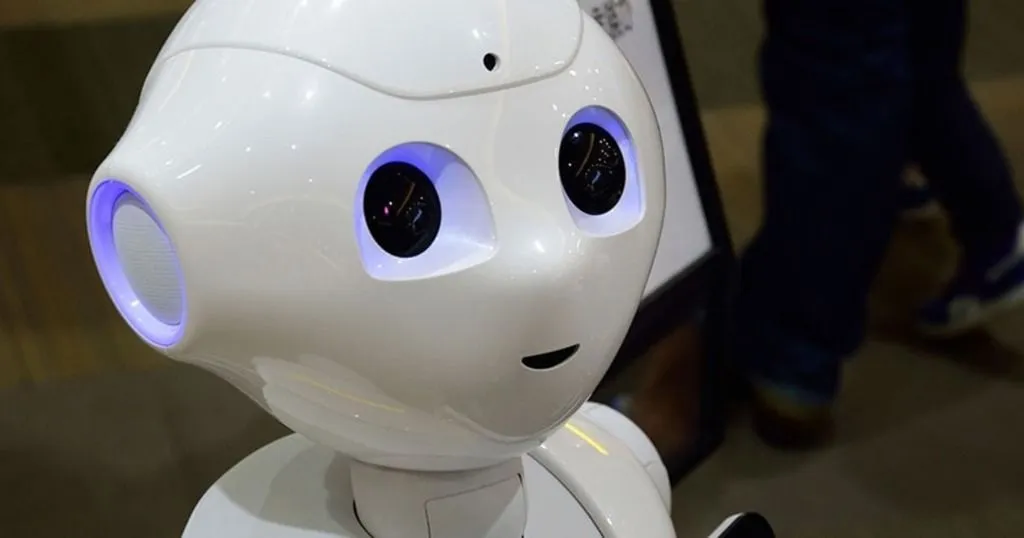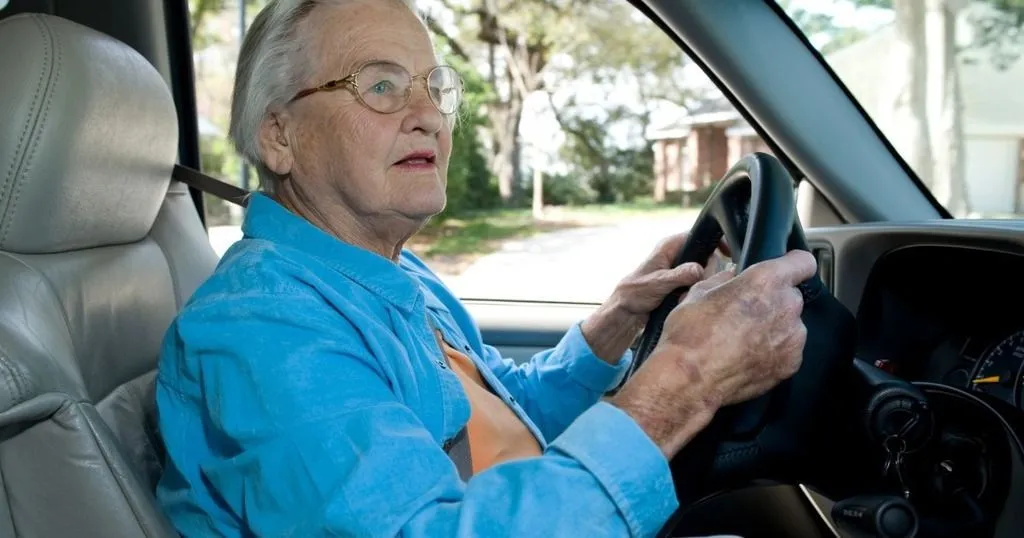Human-robot interaction in remote friendships and family relations
Don’t you miss the touch of a loved-one when they are far-away? Skype and a number of other communication channels are great solutions to talk and even video chat when you are apart.
Posted by
Published on
Wed 18 Jul. 2012
Topics
| Coding Schemes | Human-robot Interaction | Robotics | The Observer XT |

Don’t you miss the touch of a loved-one when they are far-away? Skype and a number of other communication channels are great solutions to talk and even video chat when you are apart, but they can’t make up for the physical connection. There might be a fresh and original alternative.
Since robots are becoming more and more common, and technology is improving rapidly, researchers are now looking into the possibilities of using robots as social mediators to enhance remote communication between people.
Gaze, smile, talk
Papadopoulos et al. (2012) investigated the role of interactive robots as communication mediators. For this study, a Sony AIBO robot was used. This is a little pet-like autonomous robot that is able to learn and mature.
Participants were asked to play a game with the help of the robot while communicating with another participant seated in another room. Behavior and game experience were measured using video recording and coding, and a questionnaire. For the video analysis, the researchers developed a coding scheme consisting of the following behaviors:
- Gaze: at screen, at robot;
- Smiles;
- Talk: socially oriented, task oriented.
Subsequently, a variety of social cues have been recorded. The Observer XT was used to code participant’s behaviors.
Maintain and strengthen distanced relationships
After observing and analyzing the behavior and game experience of 40 participants, Papadopoulos et al. conclude that the presence of a robot positively affected the overall remote communication experience during the game. Participants expressed more social cues and shared their game experiences through the robot with each other.
Papadopoulos et al. explain that a robot has the potential of enhancing human-human experience in remote communications and that this would consequently make the interaction more enjoyable. Though, concentrating on both the game and the robot seemed a bit difficult.
Robots as social mediators
Bringing a robot into a conversation can help maintain and strengthen distance relationships. Papadopoulos, Dautenhahn, and Ho are on their way towards their long term goal - developing robots as social mediators that can support human-human communication in remote interaction scenarios.
Reference
Papadopoulos, F.; Dautenhahn, K.; Ho, W.C. (2012). Exploring the use of robots as social mediators in a remote human-human collaborative communication experiment. Journal of Behavioral Robotics, 3 (1), 1-10.
Related Posts

Human Factors and Ergonomics research in the spotlight

Human-Robot Interaction: Robots in the spotlight

